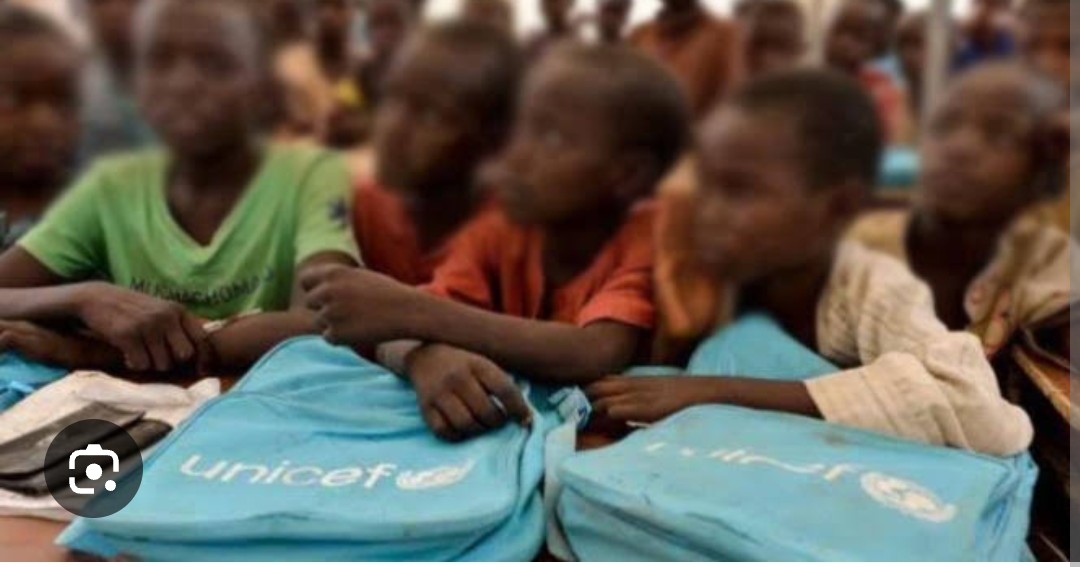The United Nations Children’s Fund (UNICEF) has announced a major success in its ongoing educational initiatives in Adamawa State, revealing that 384,545 out-of-school children, including 190,557 girls, have been enrolled in its 2024 Enrolment Drive and Back to School campaign.
Raphael Ayedigba, UNICEF Education Officer for the Bauchi Field Office, disclosed this milestone at the 2024 program review and work plan consultation held in Yola on Thursday. “These were among the key achievements in 2024 recorded in the state,” Ayedigba stated, highlighting the significant impact of the campaign in Adamawa.
The initiative also focused on promoting education continuity through structured support systems. According to Ayedigba, UNICEF implemented retention, transition, and completion models in 100 schools across 21 local government areas. “Also, 352,422 learners received one-per-child learning materials and school bags. Additionally, 1,050 Corps Members participated in digital learning, 134 schools developed safe school plans, and 537 teachers were trained on safe school standards,” he noted.
The conference also addressed pressing nutritional concerns affecting children in Adamawa and the broader North-East region. Philomena Irene, a UNICEF Nutrition Specialist from the Bauchi Field Office, painted a concerning picture of child food poverty in the region. “More than 70 percent of children in the North-East are living in severe child food poverty,” she explained. “Children living in severe food poverty miss out on many nutrient-rich foods, while unhealthy foods are becoming entrenched in their diets. Severe child food poverty is caused by three main drivers: poor food environments, poor feeding practices, and household income poverty.”
Irene stressed that escalating crises—including food and nutrition insecurity, regional conflicts, and climate change—are worsening conditions for children. She urged state governments to take action by prioritizing child welfare and implementing policies for paid maternity leave, allowing mothers to better care for their children. Irene further appealed to council chairpersons to “ensure food and nutrition at the grassroots,” addressing the critical need for improved access to nutritious foods at community levels.
As UNICEF rolls out its work plan for 2025-2027, the agency remains focused on sustaining and expanding educational and nutritional support for vulnerable children across Adamawa and beyond.












